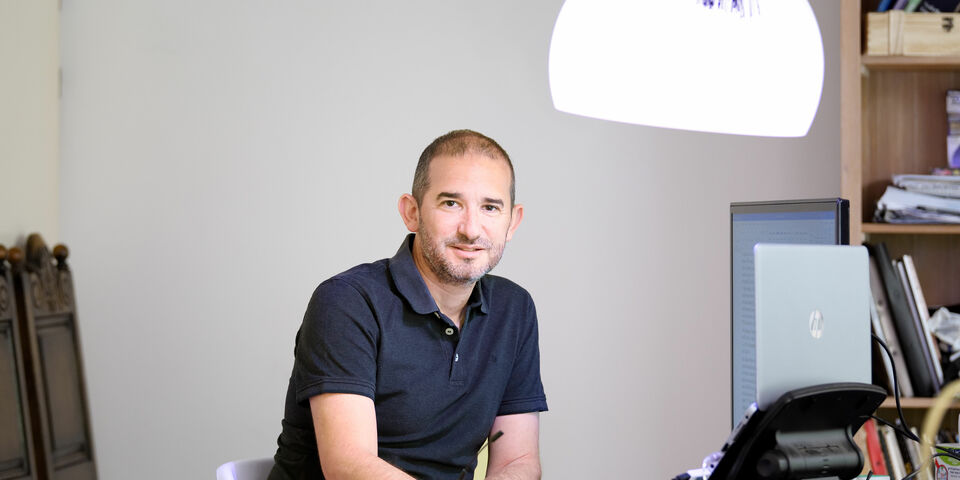What should we do to get students to learn?
In the field of education, Bloom’s taxonomy is used to qualify the level of learning obtained by students. I have been struggling to find a path to get my students to go beyond the most basic level of learning with my students – knowledge. What am I doing wrong and how can I hope to elevate the learning of my students in the face of current trends in high school and higher education?
The first thing I heard from my students in the afternoon of their Q3 exam was that the exam was not like previous years. I have gotten used to such remarks from students over the past years. Students arrive to the final exam after going through the available exams from previous years. Every time I include in the exam questions that are different than previous years, I receive this complaint. At first, I was amused by this repeating complaint. Clearly students should realize that the exam is meant to test if they can apply the knowledge they have gained (level 2 - comprehension or level 3 - applications, according to Bloom’s taxonomy). But as these complaints persist and I learn that my fellow teachers are receiving similar complaints I am getting more worried. This gap seems to be growing every year and students seem less and less able to demonstrate learning at higher levels.
When looking at how our students approach their academic studies it is difficult not to notice the bad practices from their high-school years. The emphasis on reproduction in the Dutch secondary education level (high schools) almost forces students to perfect their memorizing skills when preparing for exams. A sad by-product of this trend is the quick loss of obtained knowledge in the weeks and months following a course. How many of my colleagues have started a lesson, assuming students still understand basic concepts from pre-requisite courses, only to find after 5 minutes they have lost the entire class because the basic knowledge has not been retained?
There are many techniques one can use to achieve higher levels of learning. Challenge based learning is often put forward as a silver bullet for promoting higher levels of learning, but this does not suit all our students. A well-known predictor of knowledge retainment and assimilation is time-on-task. However with the current way the Bachelor College constrains courses to a maximum of 8 weeks (in some departments even 7) and impossible 4-hour learning blocks, students do not have the time to assimilate course material properly and are hence forced to opt for the reproduction strategy. As teachers expect from university students higher learning outcomes, the inevitable disillusion moment for all involved comes after the exam.
Currently the Bachelor College is under evaluation but much of the attention is wasted on an empty discussion about the position and scope of the basic courses. Regardless of how and where these will be placed in the revised Bachelor College template, it will do little to promote deeper learning of our students. If we truly want to promote higher level of learning we need to extend courses to cover full semesters at a lower intensity, provide students with more tutoring and look for opportunities to add hands-on components to courses (challenge or design based learning) to include more modalities in the learning experience.
The new generation of students is just as smart and most likely smarter compared to previous generations, but it has one clear distinguishing characteristic. Growing up with knowledge always one Google query away, even memorizing facts feels for them archaic. And the process of assimilating knowledge needs to start with being intimately familiar with the facts. If we do not give our students the time and learning environment to support the desired learning level, we might as well just keep on giving them last years exam. At least we will have no complaints…


Discussion